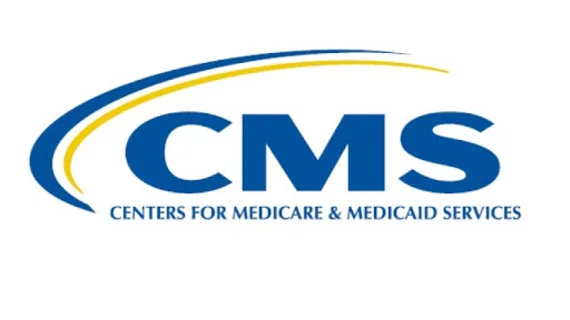CMS announces rule to restart risk-adjustment payments
On Tuesday, July 24, CMS released a new rule that will allow risk-adjustment payments, which were halted July 7 and threatened to destabilize health insurance marketplaces by keeping billions of dollars from insurers.
“This rule will restore operation of the risk-adjustment program,” CMS Administrator Seema Verma, MPH, said in a statement. “Issuers that had expressed concerns about having to withdraw from markets or becoming insolvent should be assured by our actions today. Alleviating concerns in the market helps to protect consumer choices.”
The payments, which do not include public money, transfer funds from insurers who cover healthier populations to those with sicker customers. The program, which amounted to $10.4 billion in payments in 2017, is designed to ensure insurers do not select healthier patients.
America’s Health Insurance Plans, the largest health insurance lobbying group, criticized the initial move to halt payments, while encouraging the Trump administration to quickly address the situation to minimize disruption in the insurance marketplaces.
“We agree that a quick resolution is needed to avoid greater harm to the individual and small group markets,” the group said in a prepared statement. “More than ever, American businesses and families want affordable coverage and care they need and deserve. We encourage the administration to reevaluate its decision and work with all stakeholders to make health care more affordable for all Americans."

